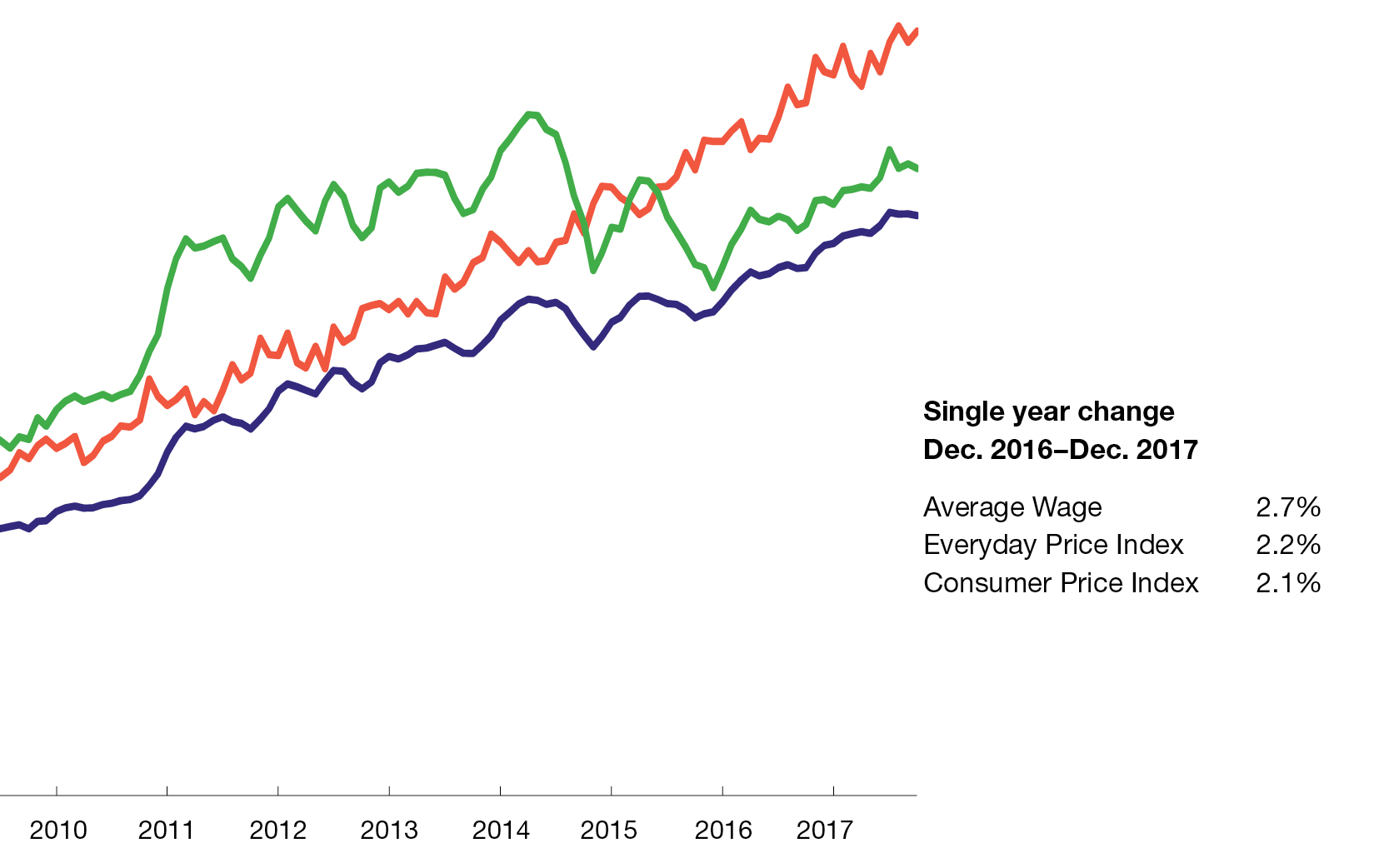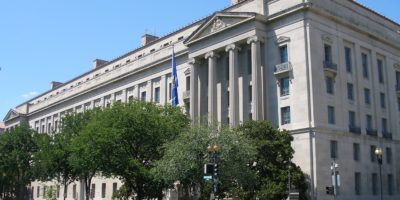Separating Culture and State
But let’s start with the basics. Government finance of anything equals taxpayer finance. Politicians and bureaucrats spend what they take from the taxpayers first. (They can also spend money created by the Federal Reserve, but then it’s purchasing power not currency that the government takes from the American people.) Taxpayers are not willing parties to the transactions entailed by government appropriations to artists, writers, scholars, museums and libraries. Rather they are coerced: withholding their “contributions” would bring a harsh penalty, including perhaps imprisonment, and they have no direct say in how their money is spent. If an appropriation offends a taxpayer’s conscience, tough luck — notwithstanding the platitudes about the power of the vote.
The right of individuals to decide how to spend their own money gets no consideration in those protesting Trump’s budget proposal. We hear little more than Chicken Little “the sky is falling” panic, complete with over-the-top analogies. For example, in The New Yorker Andrea K. Scott writes, “When the White House released its unconscionable budget on Wednesday, which includes plans to abolish the National Endowment for the Arts, my first thought was of militants destroying statues with sledgehammers in Iraq’s Mosul Museum — of the extermination of culture as a vile form of propaganda” (emphasis added).
Really? Leaving individual Americans free to decide for themselves which art and scholarship, if any, to patronize is like bashing a museum with sledgehammers?
Scott also mocked President Reagan’s 1987 remark (after he failed to defund the NEA) that “we honor the arts not because we want monuments to our own civilization but because we are a free people” by commenting, “Just how free we were was called into question in 1990, when four performance artists had their grants recalled on the grounds of indecency” (emphasis added). In earlier times artists accused by the authorities of indecency might be executed or imprisoned and at the least had their works censored and burned. In an earlier America such work could be banned from the mail. But for Scott and the elite, artistic freedom is violated simply by respecting the taxpayers’ right not to be offended with their own money. We’ve come a long way, but it’s not what we should call progress.
More reasonable commentators point out, for example, that total 2014 private contributions to the arts — $17.2 billion — dwarfs the NEA’s current appropriation of $148 million. That’s less than 1 percent. Donations from the private sector skyrocketed over 20 years ago when the endowment’s budget shrunk. We could expect similar outcomes if the four agencies were privatized. This is a rich society with the highest per capita consumption in the world. In fact, even when America was much poorer, in the 19th century, people with great fortunes set aside huge sums for the arts and humanities. Government funding has apparently done little to improve people’s historical perspective.
Yet even Scott had to acknowledge that “the hard truth is that the ‘America First’ budget cuts won’t harm the global art world they occupy, which generated forty-five billion dollars in sales last year. Yes, the N.E.A. helps support shows at such major museums as the Met, but that institution also has David Koch on its board to kick in funds when it needs sixty-five million dollars for a new pair of fountains.”
The dire predictions that rural areas would lose television altogether if CPB is no longer financing their “public” TV or radio stations overlook the role of entrepreneurship in a market economy, even one as hampered by government as ours. Especially in the midst of our technological and information revolution, those who earn profits by satisfying as-yet unsatisfied consumer demand — that is, entrepreneurs — will find innovative ways to serve rural Americans. It may not be the what that the elite would prefer, but why should the elite tell people what they should watch or listen to?
Speaking of elites, we cannot escape the fact that, by and large, tax funding of the arts and humanities transfers money from lower income people to higher income people. Say what you will about the tastes of people who prefer not to consume what the arts elite is serving, but their right to their own cultural preferences should be respected. As James Bovard put it, “There is no justice in taxing dishwashers in Arkansas to subsidize programs such as Synetic Theater’s Silent Shakespeare — in which actors gyrate and grope in lieu of delivering the richest bounty of the English language.” Do only artists have a right to freedom? And by the way, do we really think that artistic expression benefits from government succor? The novelist William Faulkner said, “I’ve never known anything good in writing to come from having accepted any free gift of money. The good writer never applies to a foundation. He’s too busy writing something.”
Finally, we ought to be wary of allowing politicians and bureaucrats any influence on the arts and humanities. It’s a myth that government officials are uniquely disinterested and motivated solely by “higher interests.”
Trump’s reason for eliminating this spending — to make room for more military spending — may be objectionable, but that does not make the proposal a bad idea. The counterargument that the budgets of these agencies are relatively small cuts both ways because raising the money privately would thus not be unfeasible. Magnitudes aside, though, a principle is at stake. In matters of conscience people should not be forced. Why isn’t that foundational moral idea more widely understood?






